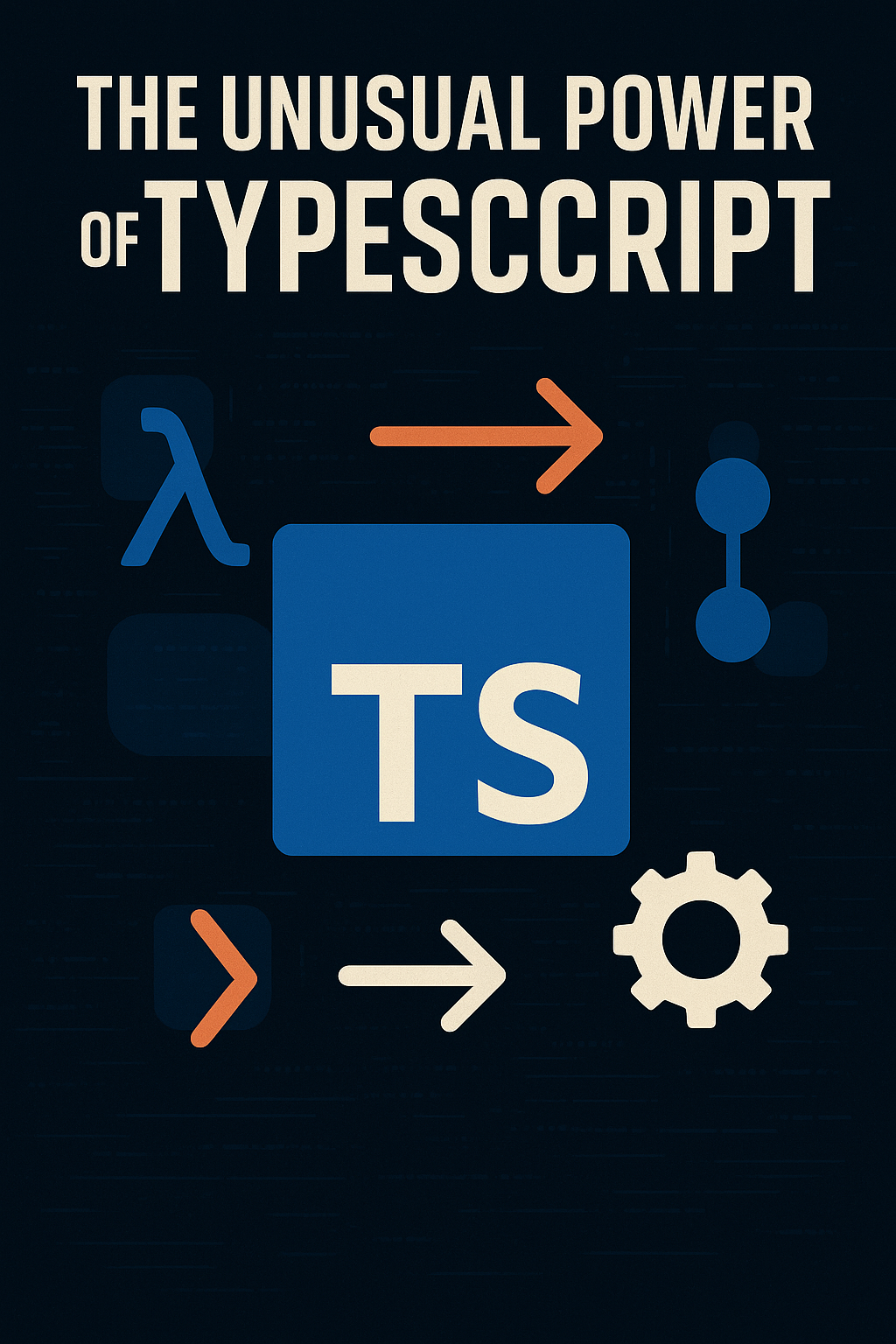Medium
1M
197

Image Credit: Medium
The Unusual Power of TypeScript: Embracing Functional Programming for Robust Applications
- Functional programming in TypeScript involves using techniques like tagged unions, pattern matching, and Algebraic Data Types (ADTs) to write clear and reliable code.
- With TypeScript's support for union types and structural typing, developers can model entire states and flows of applications efficiently.
- Functional programming patterns like discriminated unions and pattern matching offer centralized ways to define states, ensuring all cases are handled for safety and maintainability.
- Tagged unions combined with type narrowing in TypeScript enable intelligent inference and the ability to simulate match expressions for robust code.
- Algebraic Data Types (ADTs) in TypeScript allow precise and exhaustive description of complex data structures, ensuring correctness and scalability.
- Using ADTs for actions, developers can guarantee the structure of each action, leading to increased safety and correctness in processing actions.
- Immutable design principles in functional programming, encouraged by tagged unions and ADTs, help in clearer state transitions and cleaner, safer code.
- Functional programming patterns like tagged unions and ADTs aid in explicit domain modeling, enforcing valid states and preventing unrealistic combinations.
- These patterns lead to faster development, easier testing, and more confident refactoring by providing isolated, immutable states for testing scenarios.
- Functional programming patterns in TypeScript offer advantages in managing complex app states and actions, reducing complexity and improving stability.
Read Full Article
11 Likes
For uninterrupted reading, download the app